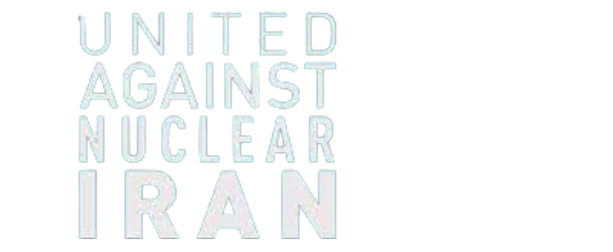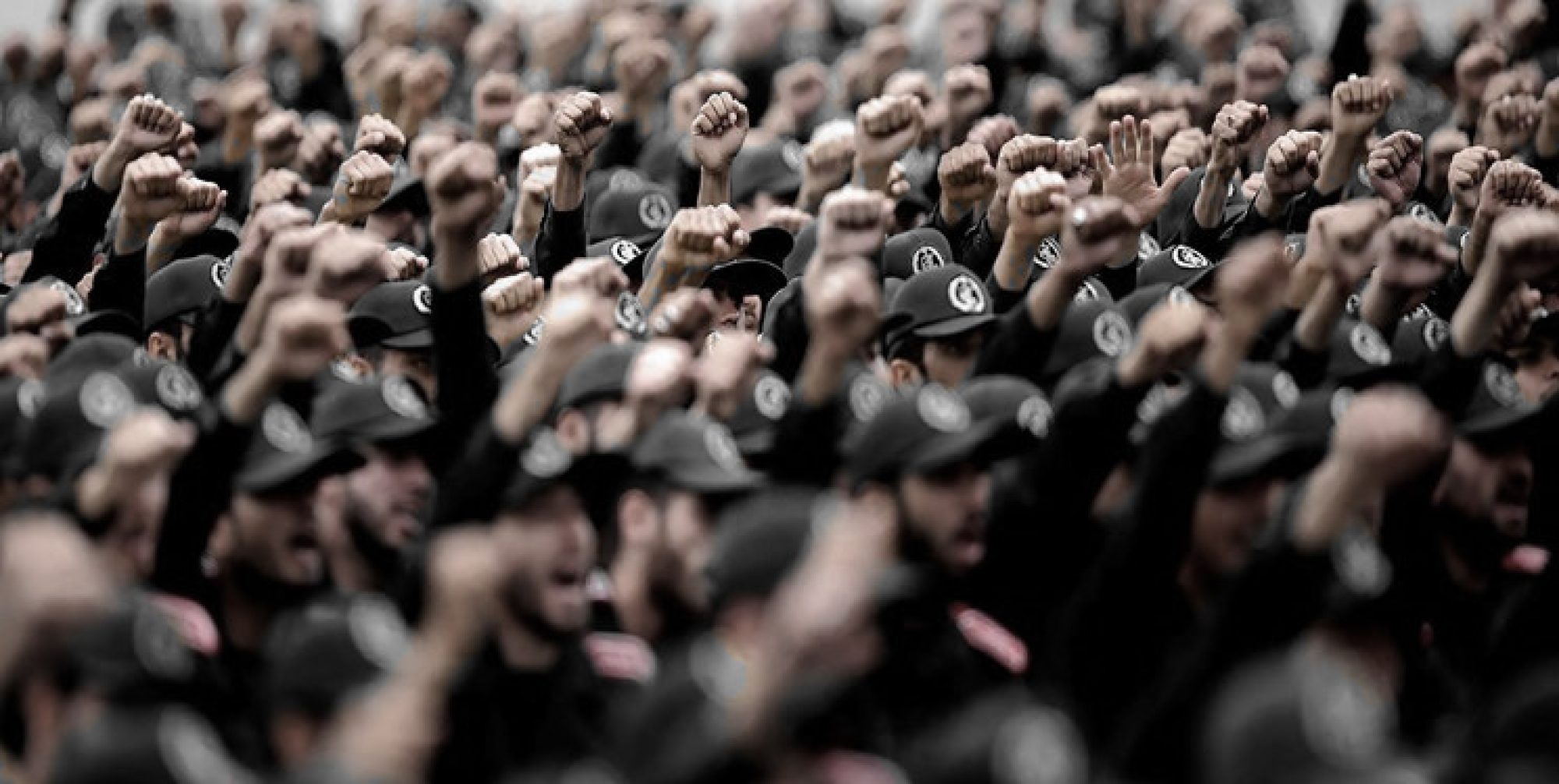International Influence
The Islamic Revolutionary Guard Corps (IRGC) is an integral part of Iran’s security apparatus, established after the 1979 Islamic Revolution to protect the newly formed Islamic Republic and its political system. Over the years, the IRGC has evolved into a powerful military, political, and economic force in Iran, with significant influence both domestically and internationally.
The IRGC comprises several units, including the Quds Force, responsible for extraterritorial operations and supporting various proxy groups in the region. Some of these proxy groups are designated as terrorist organisations by various countries due to their involvement in acts of terror, violence, and destabilisation in the Middle East and beyond.
The IRGC’s activities are a cause for concern among the international community for several reasons.
Support for proxy groups
The IRGC has long been recognized as a significant supporter of Islamist terrorism around the world. Through its extensive network and resources, the IRGC provides financial, logistical, and ideological support to various terrorist groups. It has been implicated in the training, arming, and funding of extremist organisations, enabling them to carry out acts of violence and spread their extremist ideologies.
Regional destabilisation
The IRGC has played a significant role in fueling sectarian tensions and conflicts in the Middle East, such as the Syrian civil war and the ongoing conflict in Yemen. Their involvement has exacerbated violence, displaced millions of people, and led to humanitarian crises in affected countries.
Nuclear program and ballistic missiles
The IRGC has been instrumental in Iran’s nuclear program and the development of its ballistic missile capabilities. These activities have raised concerns among the international community about Iran’s intentions and the potential for nuclear proliferation in the region.
Human rights abuses
The IRGC has been implicated in numerous human rights abuses within Iran, including the suppression of political dissent, the persecution of ethnic and religious minorities, and the use of torture and extrajudicial killings.
Cyber warfare and disinformation campaigns
The IRGC has been linked to cyberattacks on foreign governments, businesses, and critical infrastructure, as well as disinformation campaigns aimed at influencing public opinion and undermining adversaries.
While the United States has designated the IRGC as a terrorist organisation, other countries, including the European Union, Canada, the United Kingdom, and Australia, are still considering taking similar actions. There is an ongoing campaign within these countries urging them to recognize the importance of addressing the IRGC’s involvement in terrorism and destabilisation. The need for a unified approach by Western nations in designating the IRGC as a terrorist entity is crucial to effectively combating its activities and promoting global security.

